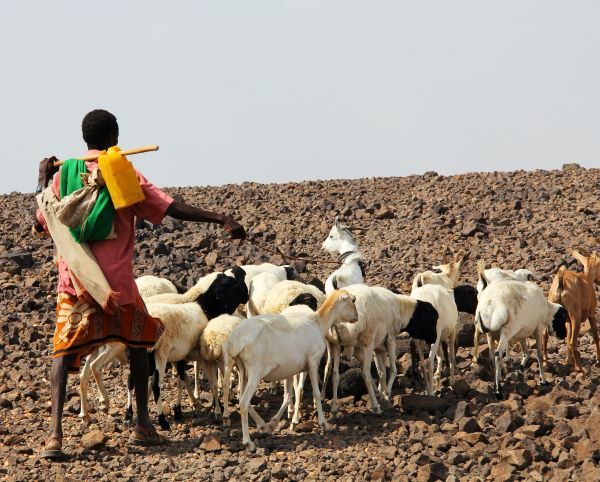Kericho County in Kenya has exported 134.4 metric tonnes of coffee valued at Sh110 million to South Korea making it the first consignment of coffee to make its way to a direct market to the East Asian country.
County Governor Prof. Paul Chepkwony flagged off the produce and said a total of 9,582 small-scale farmers spread across Kericho, Bomet, and Nandi Counties are set to enjoy great benefits from the proceeds of the sale of the exported coffee. He lauded efforts in implementation of the recommendations of the National Task-Force on the coffee sub-sector reforms -2016 saying they had started to bear fruits.
“Kipkelion District Coffee Union together with the County Government of Kericho played a key role in looking for this and other potential markets in the UK, Germany, Middle East, and some Scandinavian countries,” said Prof. Chepkwony.
Coffee production
Kericho County Executive Committee Member, Philip Mason (Agriculture) urged coffee farmers to continue adopting good agricultural practices so as to reap bountifully as the prices of the cash crop continued to gradually increase noting that grade AA coffee has easily risen above 400 US dollars per 50 Kilograms in previous auctions which he says was a sign of good tidings.
Coffee is the second most important cash crop in Kericho County after tea which is majorly grown in Kipkelion West Sub-County but the other Sub-Counties have some substantial portions of the cash crop. The coffee sub-sector in Kenya is an important exchange earner providing approximately USD 230 million annually and a source of livelihood for over 800,000 smallholder coffee farmers. It is also key to the central agricultural role in contributing and realization of Kenya Vision 2030 and the Government’s big four agenda.
Coffee production, which covers approximately 2,000 Ha in the County, is increasing gradually as more farmers in the coffee zones of Kipkelion West, Belgut and Bureti are adopting the crop for increased farm incomes.









